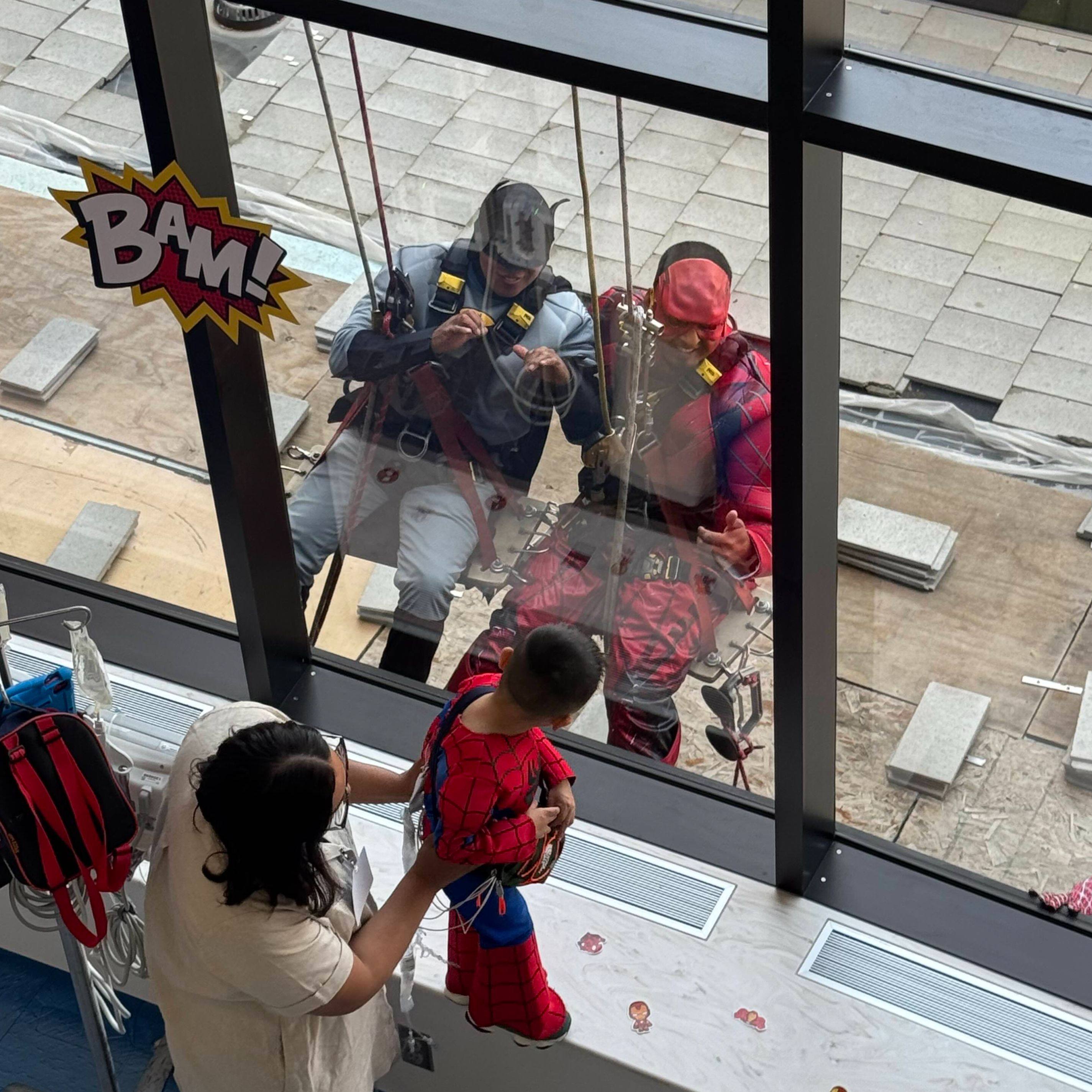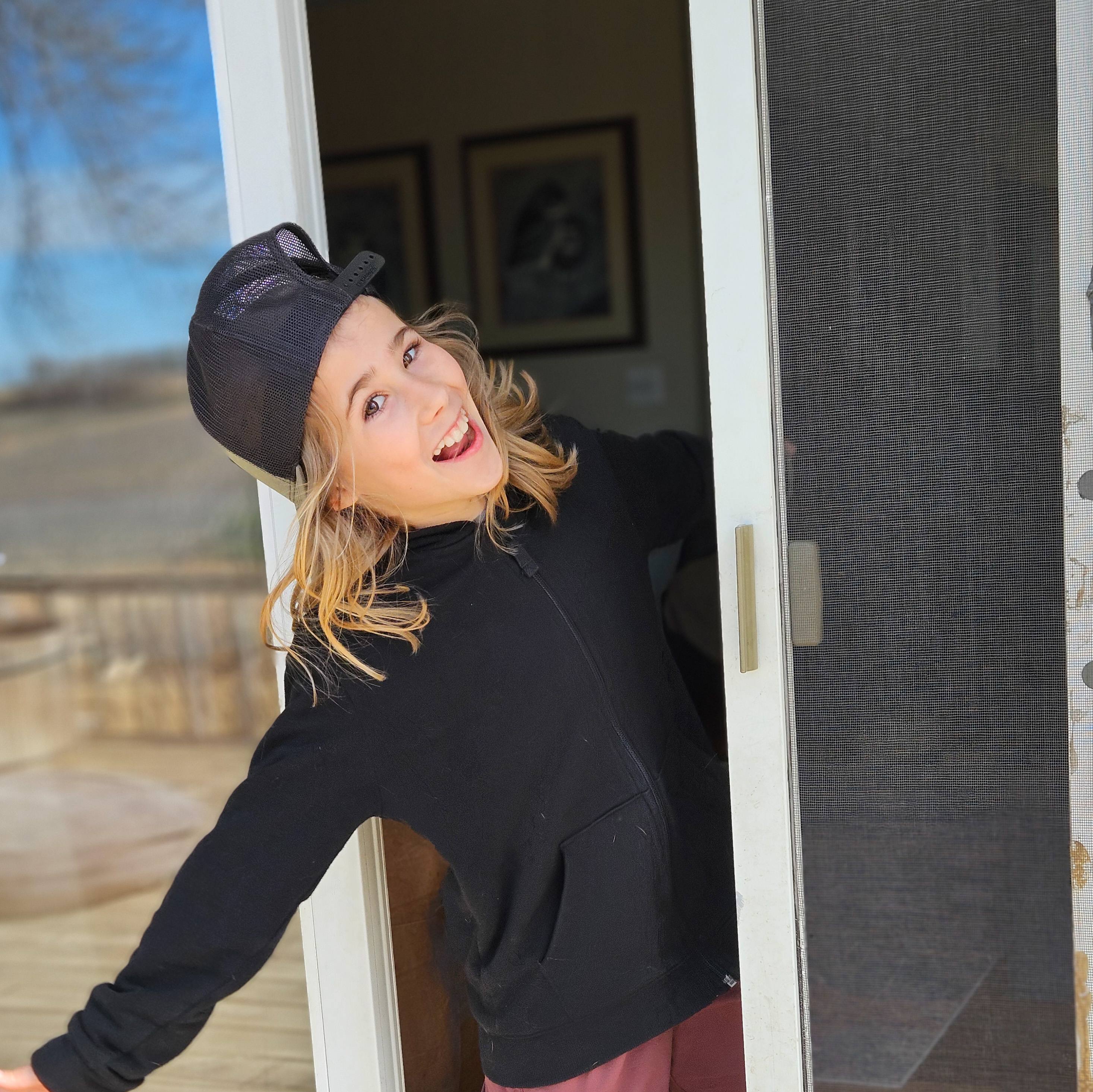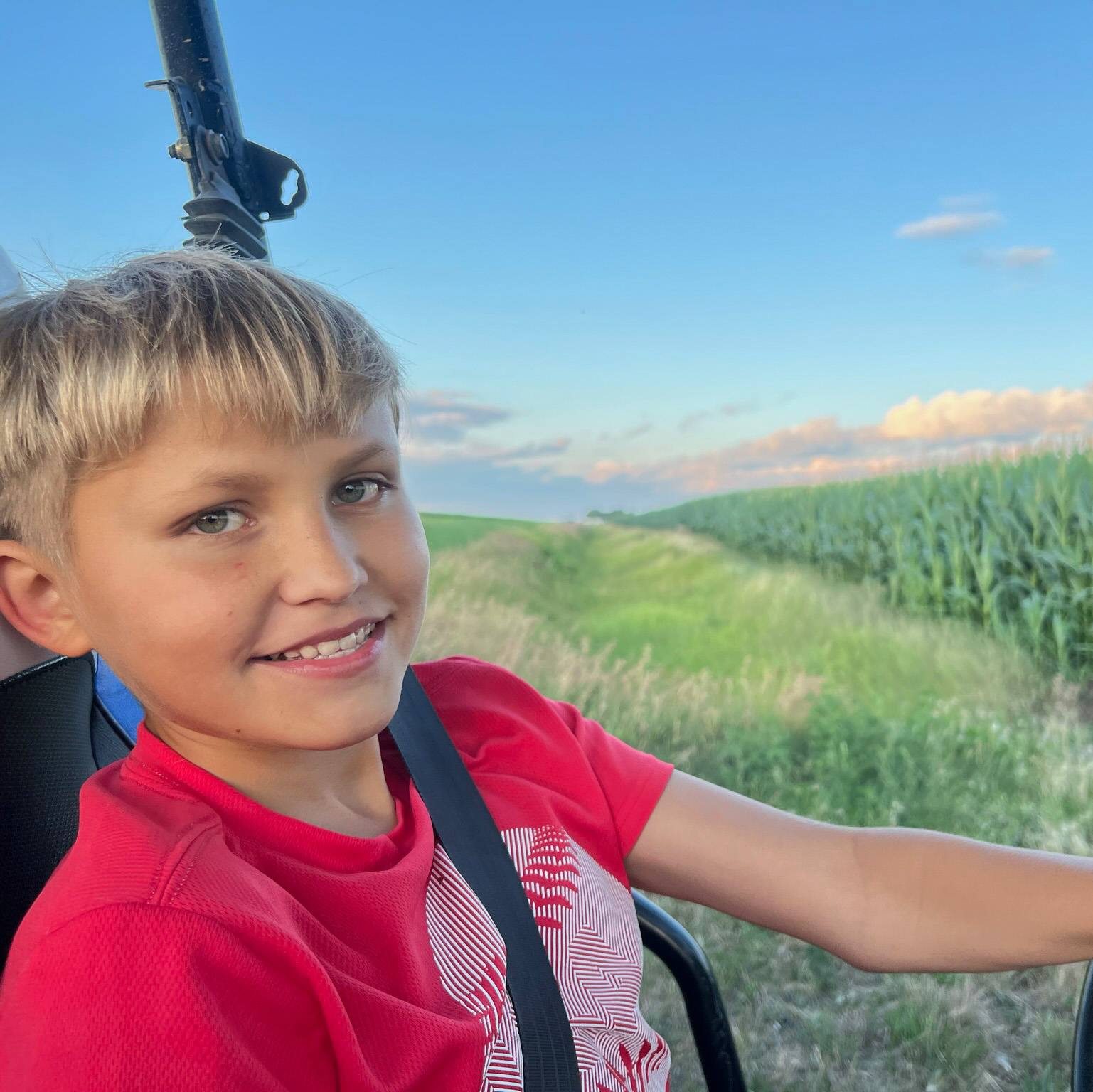-
Helping kids cope with the COVID-19 pandemic
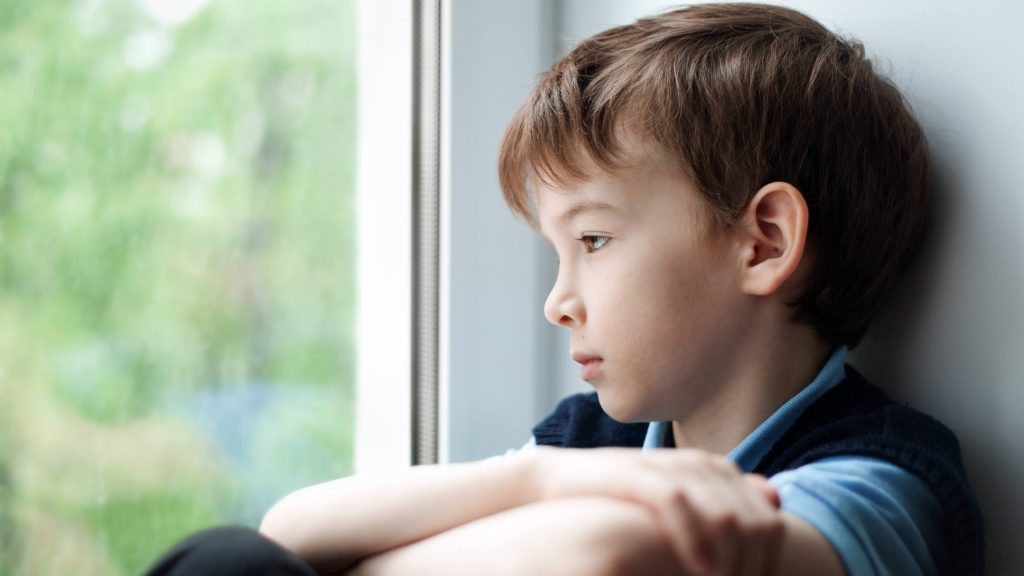
COVID-19 (coronavirus) has become a source of daily conversation. As a caregiver, you may be wondering how to support your children’s developmental needs and understanding of the coronavirus.
Jennifer Rodemeyer, manager of the Child Life Program at Mayo Clinic, offers these suggestions to help kids cope through this experience.
__________________________________________________
Define terminology associated with COVID-19
Kids are hearing about this virus daily. Take the time to sit down with your children to define what coronavirus/COVID-19 is using language that supports their development. Start your conversation by asking your children, "What do you think coronavirus or COVID-19 is?" This gives you an understanding of what your children know, think they know or how they interpret the illness.
Throughout your conversation pay attention to defining:
COVID-19
COVID-19 is a virus that can cause their body to feel sick. Most people who have COVID-19 say they feel sick, and have a cough, fever, the chills (feeling cold) and body aches. The most common way the COVID-19 can enter people's bodies is by the virus being on those people's hands and then they touch their mouth or eyes. A virus is so tiny, that you cannot see it. This is why it is important to wash your hands often, especially before touching your mouth or your eyes.
The reason you are hearing so much about this coronavirus is because it's a new virus that has not seen before. Health professionals are learning about it and about ways to stop it from spreading through research daily. Experts around the world are working hard every day to learn about this virus and how to keep people safe.
Quarantine
When people have coronavirus, or possibly have come in contact with others who have the illness, they are being asked to remain in quarantine. This means you should stay in your house and not be in spaces or places with people other than your family.
Social distancing
To slow the spread of COVID-19, people are being asked to practice social distancing. This means that when people are in spaces outside of home, they should not come into close contact with others. Pretend there is a bike separating you and the person you are standing by. Keep that distance away from people other than your family while social distancing is needed. Instead of giving high-fives, fist bumps or hugs to people outside your family you can smile and wave hello.
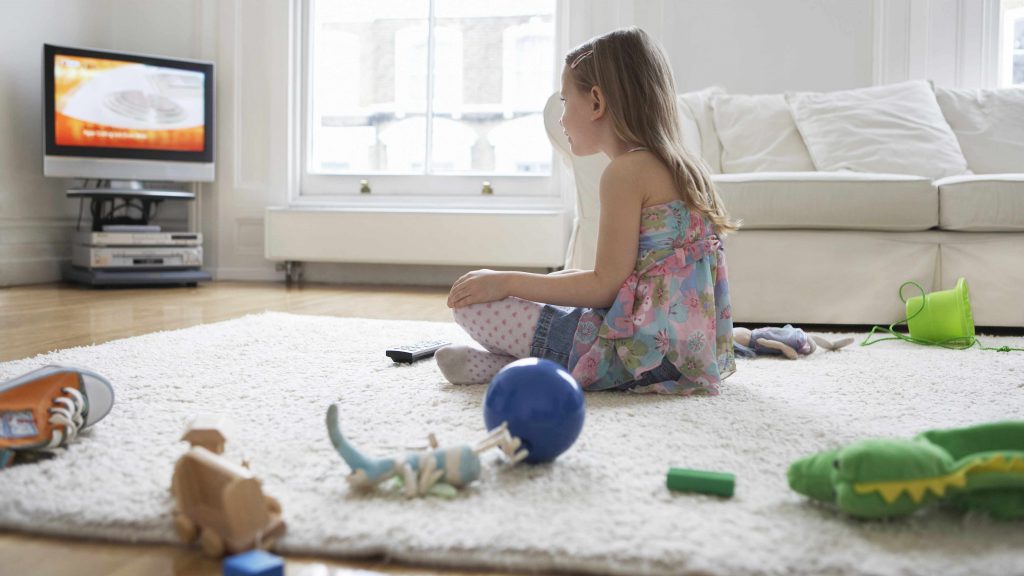
Discontinue your children's access to news and social media regarding COVID-19
Explain to your children that there are many conflicting resources regarding the coronavirus. Therefore, you are going to monitor and limit their access to external media at this time. Reassure them that you will share any new information you learn regarding COVID-19 that they should know. As a caregiver, use reliable sources such as the Centers for Disease Control and Prevention, the World Health Organization, mayoclinic.org, state health departments, and your school district's communications, to gather your facts. Be aware of your children’s presence when listening to the news. Although they may not appear to be watching, they may be listening and internalizing the information they are hearing.
Explain to your children the importance of good hand-washing
Bring your children to a sink and practice hand-washing together. Show them how to "create tiny bubbles" by rubbing their hands back and forth and how to get the soap between all spaces, even to the ends of their fingers. It helps to encourage your children to sing an entire song such as "Happy Birthday" twice during hand-washing so they can be sure they are spending the time they need to get their hands clean. As a caregiver, hang a sign on your front door such as: "Welcome home. Please remember to wash your hands." When kids come into the house, this will remind them of the importance of hand-washing when entering your home; before meals; and after blowing their nose, coughing or sneezing.

When events are being canceled, share with your children how this will prevent the spread of COVID-19
Young children may see canceling an event, a family vacation, school, going to the movies, etc. as a result of something they did wrong. Remind them that the reason you are unable to attend the event at this time is to help prevent the spread of COVID-19 in a large group setting. If it is an option, share with your children future plans to attend the event after you know it is safe.
Remind your children when they are under someone else's care, to listen to their leaders
It is important to tell them to follow directions and instructions of those who are responsible for them in your absence, such as a grandparent, a day care provider, teacher, etc. Directions they share, such as practice good hand-washing, social distancing, cover their mouth with their sleeve when coughing or sneezing, etc. are practices put into place to protect them and keep them safe.
Create new home routines as a family
Establishing and maintaining routines help kids predict what is planned, allowing them to feel control in situations. Use a white board or paper to display a daily schedule at home. Explain if social distancing continues to be encouraged, the new norm is going to be staying at home. Identifying clear expectations for the day will support and encourage kids to feel accomplished. Consider the following when making a schedule: wake-up and bedtime, meals, school and learning, exercise and outdoors time, play, household responsibilities, etc.
Play, play, play
Kids learn and process through play. As a family, take advantage of being asked to stay home and practice social distancing, and use this time to intereact. Play games, provide toys, complete puzzles, read books, listen and play music, dance, take family hikes, and work on an art project together. For evening times, establish family fun nights, such as movie nights, cooking nights, game nights and ice-cream nights. Even though being stuck at home may seem out of the norm, consider this time together as an opportunity for your family to make good memories.
Provide opportunities to connect with loved ones and friends using electronic devices
During social isolation, call grandparents, aunts and uncles, cousins and friends you normally would be interacting with, or connect with them via FaceTime or similar apps. This will help children not feel as isolated as they continue to maintain and build relationships with their loved ones. Set up a virtual play date with your child's friend. Kids can be fulfilled from watching others play. Children can also take part in the same activity by virtually playing with each other, resulting and supporting parallel play. Virtual connections are also a way to support their social development through interacting with others.
If your children becomes sick, reassure them
Remind them that you or someone who is caring for them will keep a close watch on their body at all times. Reassure them that you will be in close contact with your medical care provider if you feel medical advice is needed. And after speaking with your health care provider, instructions will be given how to help them.
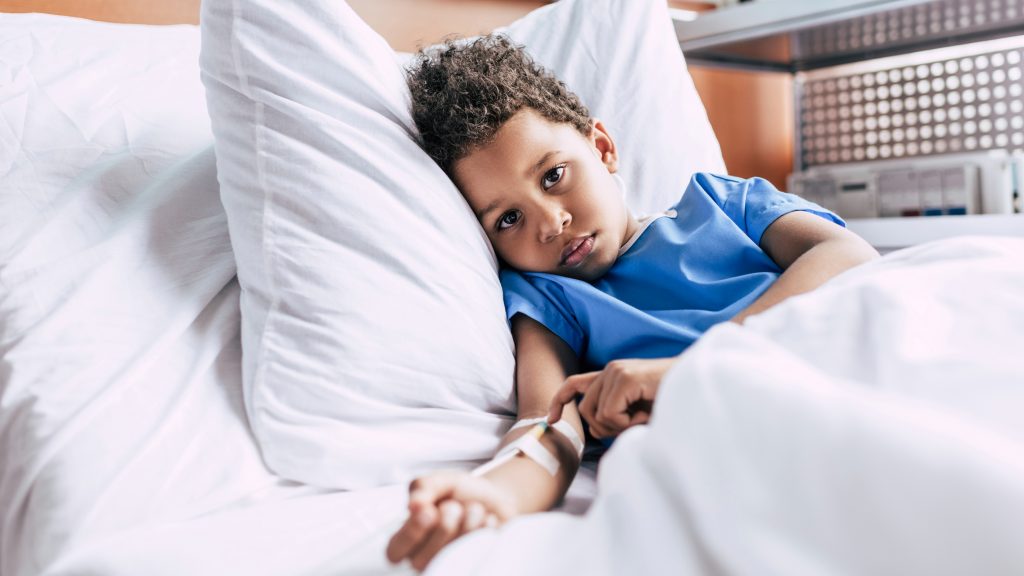
If your children hear of a friend or a loved one who becomes infected with COVID-19, reassure your children
Reassure your children that their friend or loved one has received medical advice and they are being instructed by a medical professional how to help their body during their illness. As a family, send the person who is recovering a note through the mail. You could have your children draw them a picture or write them a story to add to your note. This is a way of letting the recovering person know they are being though of and a way for your children to feel they are helping their loved one or friend by bringing joy into their day.
It is important to be honest with kids. As a parent, it may go against your instinct to want to share the truth because at times you may feel what you are sharing with your children may cause fear, worry, anxiety or sadness. Being honest with your children and telling them you are going to be honest, builds trust between you and your children.
Remind your children that you will continue to keep them posted and update them when information changes or new information is presented regarding COVID-19. This way, as new information is presented, they are hearing it from you. Have these conversations daily with your children. This will allow the opportunity for them to ask you questions or help them process any concerns they may have. As a caregiver, it is encouraged to let your child know how you feel about COVID-19 to validate how they are feeling.
You may also feel challenged due to your own questions, concerns, or worries. It is important to let your children know that you are following the guidance of health care professionals. Remind them that these steps are being taken to help prevent the spread of COVID-19 and keep everyone safe. As a caregiver, you are your children's biggest support and advocate. You can make a significant difference on how your children cope through this ever-changing experience.
Check the CDC website for additional updates on COVID-19.
For more information and all your COVID-19 coverage, go to the Mayo Clinic News Network and mayoclinic.org.
Related Articles
